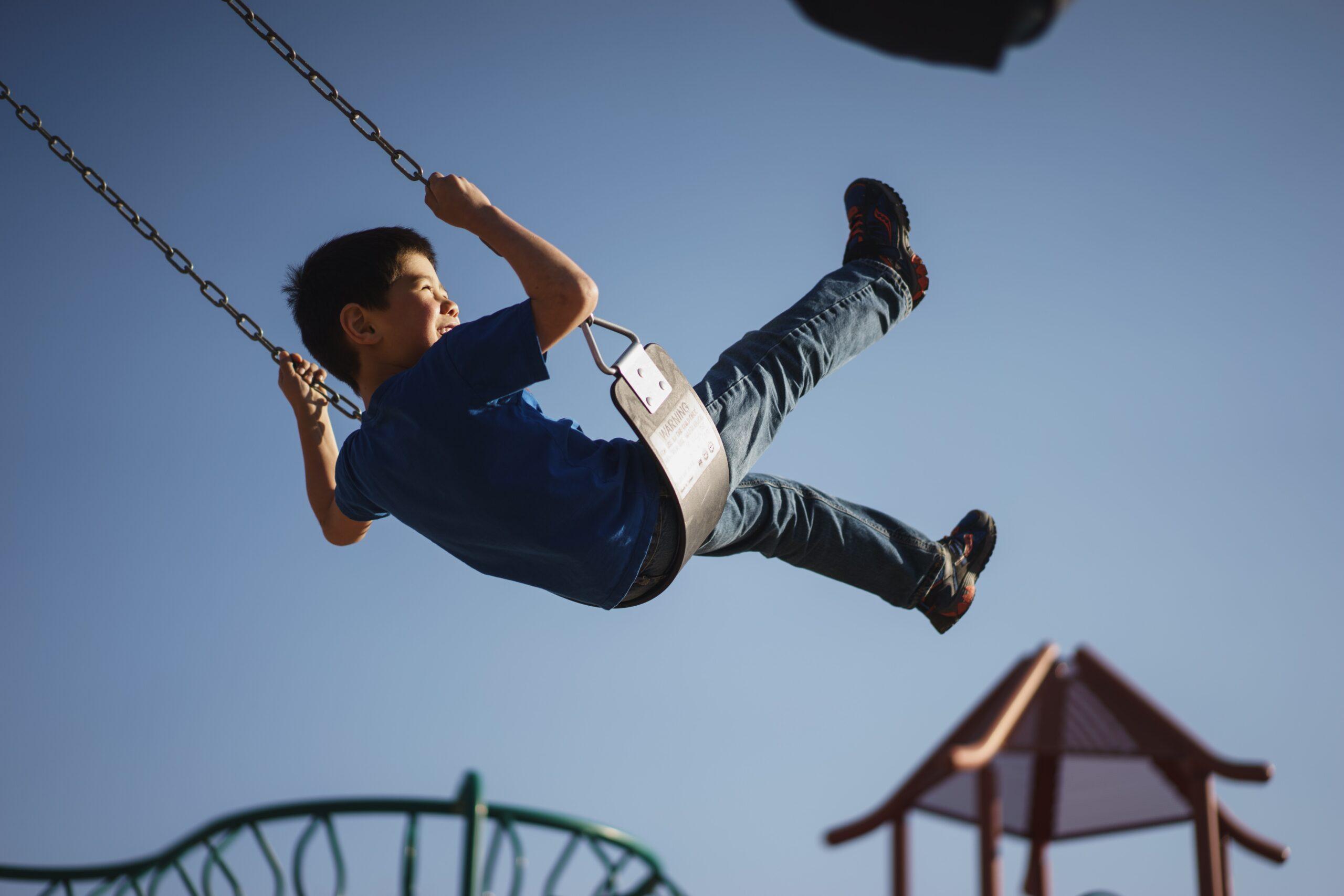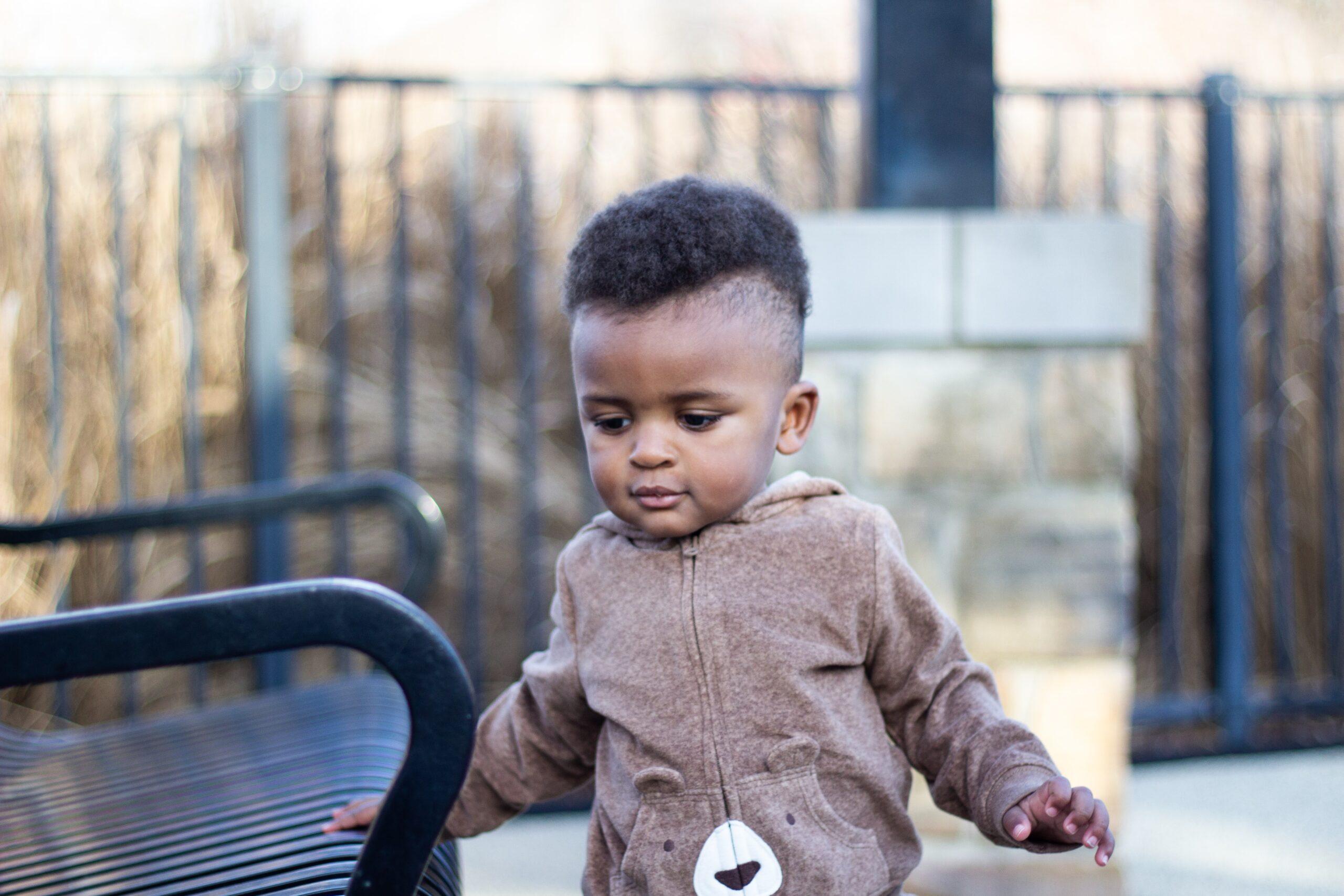“I don’t like the idea of young boys playing with guns,” Sandy was saying to me. “My partner and I were sure that Michael would be like us. Alex and I are both quiet types. Laid back.”
“And Michael isn’t?” I asked.
“If I hadn’t seen Michael come out of me in the delivery room, I wouldn’t believe he was my son,” Sandy said. “He’s always been a noisy bundle of energy. But I really started to get concerned a few months ago. I remember the first time I felt extremely scared. I had just taken the garbage out. I was coming back into the house, just turning the corner into the kitchen, and Michael jumped out from behind the island, pretending his fingers were a gun. He shouted ‘Ambush! Bang bang! You’re dead!’” Sandy shook her head, still amazed.
“You didn’t raise your boy to be a soldier,” I said.
“Where did he learn the word ambush? Alex and I never use that sort of language,” Sandy said.
“‘Ambush’ isn’t a swear word,” I replied.
Sandy looked at me suspiciously. “Do you think it’s good for young boys to use military terminology?”
“I want to hear how the story ends,” I said. “What did you do after your son ambushed you?”
“I said: ‘Michael! Honey, it’s not nice to pretend to kill people. Nice people don’t shoot other people with guns.’”
“And what did Michael say?”
“He didn’t say anything,” Sandy said. “He just looked at me for a long moment, like he couldn’t believe what I had just said. Then he burst into tears and ran to his room.”
“What’s happened since?”
“It’s gone from bad to worse. This week the daycare center called. They’re expelling Michael. He’s being expelled— from daycare.”
“But he’s not even 4 years old,” I said. “What’s he being expelled for?”
“Pushing. Shoving. Hitting. His teacher told me, ‘Michael seems to enjoy hitting other kids.’ I was horrified. Michael turns 4 next week, and he already has a reputation as the class bully.”
Sandy was understandably concerned. She wanted me to evaluate her son— to determine whether Michael might have some underlying problem, which would explain his bullying.
I evaluated Michael thoroughly over two visits. I concluded there was nothing fundamentally wrong with him. He doesn’t have a psychiatric disorder and he doesn’t need medication. He needs parents who understand boys. He needs a daycare facility that understands boys. He needs constructive outlets for his aggressive nature. He needs to play aggressive games that can change his anti-social pushing and shoving tendencies into pro-social running and jumping behaviors.
Many boys enjoy games that are aggressive in nature. That’s true in every culture and every era of which we have detailed knowledge. It’s even true in other species. Juvenile male monkeys are much more likely to engage in play-fighting than juvenile females.
Of course I also comprehend Sandy’s distress. She’s concerned that if she encourages her son to play violent games with toy weapons now, he may be more apt to commit real acts of aggression as an adult. But there’s no evidence to support that belief. In fact, all the evidence points the other way.
In writing my first book, I reviewed research investigating how different styles of child-rearing affect child development. If parents prohibit their sons from playing with guns, and encourage them to play with dolls instead, do those boys grow up to be more gentle and less violent than boys who are encouraged to play with dolls? The answer is no. Likewise, researchers at the National Institutes of Health primate research center, led by primatologist Dr. Dee Higley, found that when they prevented juvenile male monkeys from engaging in play-fighting, those males grew up to be more likely to engage in hurtful violence as adults, compared to males who were allowed to engage in rough-and-tumble play-fighting as juveniles.
In my second book, I discuss how the “zero tolerance for violence” policies common in contemporary American schools have had the unintended consequence of disengaging boys from school at an early age. At the kindergarten level— scratch that— even at the preschool level, I’m now hearing about classrooms where there is no opportunity for constructive play-fighting.
Yet, many boys are aggressive by nature. If you prohibit expression of that aggressive nature, you don’t make the boy less aggressive. You merely prevent constructive expression of that aggression, redirecting it into less productive or anti-social channels. The boy who might have grown up to be a championship wrestler or football player becomes a bully instead. “You can’t turn a bully into a flower child,” one wise teacher at an all-boys school once told me. “But you can turn him into a knight.”
What does it mean to nurture a boy? “Nurturing” for many people implies caring, protecting and sheltering. However, if your son is a gender-typical boy, then “nurturing” may mean something different. It may mean that when your son jumps out from behind the refrigerator and says “Ambush! Bang bang!,” you clutch your chest where the imaginary bullet hit, twirl in pretend death agony and collapse to the floor. And the next morning, you then ambush your son. That is part of what it means to nurture a real boy.
Telling your son that it’s wrong to play aggressive games sends a strong message, but it’s not the message you want to send. You want to teach your son to be a gentleman. The message you are sending, though, is that something close to the core of your son’s nature is offensive to you. No wonder Michael ran crying from the room after his mother reprimanded him.
Attention must be paid. Distinctions must be made. Not all violence is bad. Not all violence is good. But in real life it’s not difficult to make these distinctions. It just requires some common sense. It is easy to teach boys what’s “in bounds” versus “out of bounds.” Hitting kids who don’t want to be hit? That’s out of bounds. Playing cops and robbers with toy guns? That’s in bounds in my book. That’s nurturing a boy.


